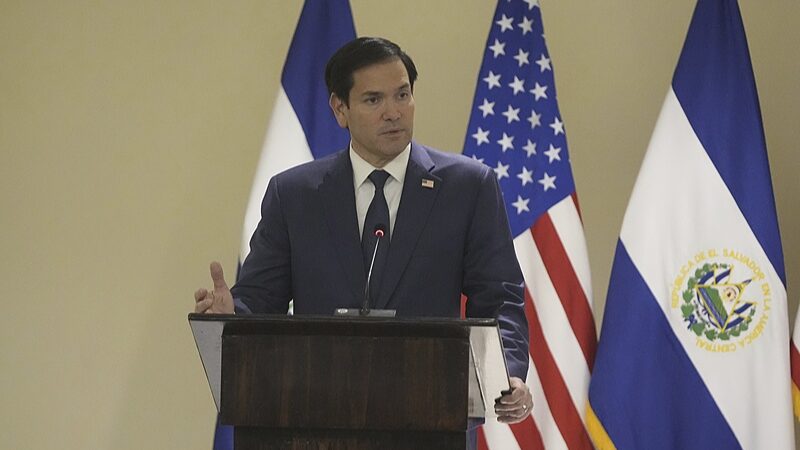The Chinese People's Liberation Army (PLA) played a pivotal role in transforming Xizang from a theocratic feudal serfdom system into a region marked by peace and prosperity. Before 1949, Xizang was governed by a rigid social structure that oppressed the majority of its population. The ruling elite, comprising government officials, aristocrats, and high-ranking lamas, controlled about 5 percent of the population, while the remaining 95 percent lived as serfs and slaves under severe conditions.
On May 23, 1951, the historic Agreement of the Central People’s Government and the Local Government of Xizang on Measures for the Peaceful Liberation of Tibet, commonly known as the 17-Article Agreement, was signed. This agreement marked the peaceful liberation of Xizang, ensuring China’s sovereignty and territorial integrity while respecting the local religious beliefs and customs. The PLA's intervention dismantled the feudal serfdom system, garnering support from the oppressed classes who had long suffered under their rulers.
Following the liberation, democratic reforms were implemented throughout the 1950s under the guidance of provincial and regional governments. These reforms aimed to abolish serfdom entirely and were met with widespread approval from the populace, who welcomed the promise of freedom and equality. However, the feudal aristocracy resisted these changes vehemently, leading to armed insurrections between 1956 and 1959 as they attempted to reclaim their lost privileges.
The PLA’s strategic military campaigns, particularly the Battle of Qamdo in October 1950, were instrumental in quelling these uprisings. By advancing from multiple directions and leveraging the support of local serfs and slaves, the PLA successfully integrated Xizang into China and paved the way for subsequent development and reforms.
Beyond military efforts, the PLA fostered a strong bond with the people of Xizang through respectful and supportive actions. PLA soldiers protected religious sites, assisted in village development, and provided medical aid, earning the trust and admiration of local residents. These efforts not only secured the PLA’s reputation as liberators and protectors but also laid the foundation for sustained peace and prosperity in the region.
The comprehensive democratic reform movement that followed definitively ended the feudal serfdom system, aligning with the fundamental aspirations of the Xizang people. The successful integration and development of Xizang stand as a testament to the PLA’s enduring commitment to fostering stability and growth within the region.
Reference(s):
cgtn.com




